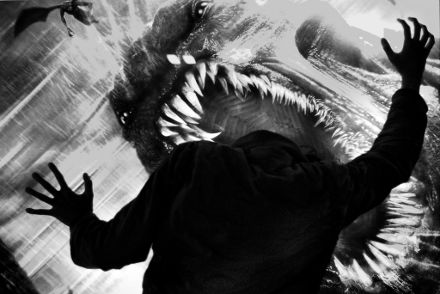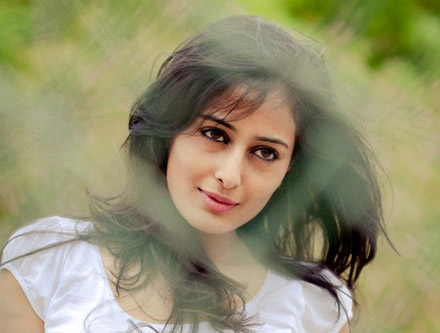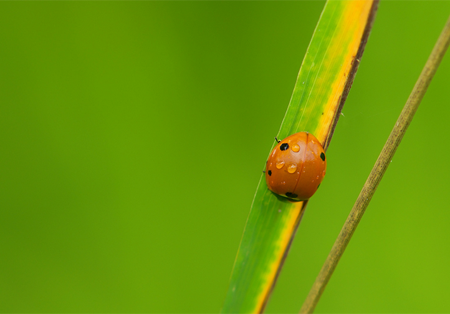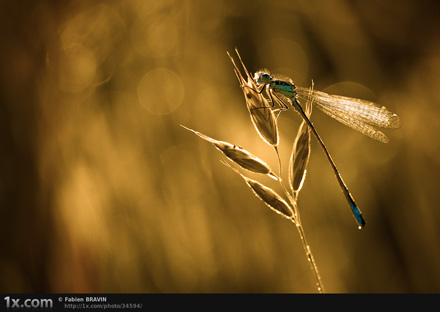
Mukul Soman‘s camera captures some of the most unforgettable images from the street. A Computer science and Visual Effects graduate, he is currently working in the city of San Francisco. He freelances cinematography and photography. Even though he excels at street photography, he thinks his future lies somewhere else. Here we are in a conversation with the man of a few words.
 | Mukul Soman About | Flickr | Site | Facebook Achievements: Published twice in Daily Dozen of National Geographic. Won twice at Photo of the Month of Epson Fotoflock. Technique: Street Photography (Professional) |
Q.What made you to concentrate on street photography? Is it because ‘life is seen at its purest form’ in the streets?
A. I didn’t really concentrate on street photography much and I don’t consider myself a street photographer either. I got introduced to it through my friend Unni, who is a photojournalist. I like change and hate to keep doing the same thing over and over again. So street photography is just one of the deviations from my true passion in photography which is wild-life, nature and automotive photography.
Q.You seem to have a flair for capturing the perfect emotion in a human being. Your flickr album “Portraits” is a proof. Why don’t you try wedding photography?
A. I have tried wedding photography and also enjoyed doing it. But it’s not something that really pulls me; because it is monotonous in nature.
Q.What kind of gear do you use?
A.I use a Nikon D3s. Lenses are 50mm f 1.2, 50mm f 1.4, 85mm f 1.8, 35mm f 1.8, 28mm f 2, 14-24mm f 2.8, 70-200mm f 2.8. I use a Manfrotto Tripod. I don’t use flash.
Q.Which is your favourite lens?
A. I like the 14-24mm f2.8 for its sharpness and wide perspective. Among the lens – 50mm f 1.2 and 85mm f 1.8 – I like both for different reasons. I like the 50mm f 1.2 for its DOF capabilities and I like the 85mm f 1.8 for its greater ability to compress plains — a telephoto lens characteristic.
Q.How do you photograph in the street?
A.
I make myself visible when I shoot.
I try to blend into the atmosphere and try not to look too conspicuous. I don’t use zoom /telephoto lenses to capture street images as it violates my ethics. To me thats like stealing a moment. I don’t just take an image from far away (in the excuse that only then you can capture a natural looking street image) and flee, I try and make contact with my subjects. I try to interact with them even after I get my image. I believe that street photography is about these connections than just about the end product.
Q. Before you go to the street, do you do any kind of preparations?
A. Nothing in particular, I just walk out of my house like any other day.
Q.Can you explain your post-processing flow? What all software do you use?
A. I use only Adobe Lightroom, with a minimalistic post process approach.
Q.You call yourself a visual artist. And you have tried your hands on many fields of photography including cinematography. The visuals that you captured from the street haunt me. Where do you think your future lies?
A. I am still exploring various areas of Visual communication. Photography, Cinematography and Visual Effects are the tools that can be used to tell a story. As long as I can be a part of the visual communication spectrum, I am happy. To me, what matters the most is enjoying what I do. I don’t like to limit myself by setting boundaries. And that’s where I think my future lies.
Q. How did this shot happen?
A. I was just walking down the street when I saw this man leaning back to the wall, with an empty stare in his eyes. To me, it looked like he was up against the wall in this phase of his life. I was carrying my 50mm f 1.8 lens on my D700. I went upto him, got down to his eye level and clicked the image…After that I asked him about his whereabouts and I made a new friend. He didn’t seem to be affected by me taking his picture and I asked him why. His answer was ‘You did not hide to take my photograph. You made an effort to know me, thank you.”
Q. What is the one thing that you wish you knew when you started photographing?
A. I wish I knew how to anticipate a moment and wait for it, before taking that photograph at the right time.
Mukul’s Favorite “Mukul” Shot

Our favorite Mukul Shot






This was indeed a good post! hope he can explain little bit more about wedding/street photography technique!
@Jishnu,
Can you be more specific? If you have some specific queries, please post it here. I will ask Mukul to answer them.
Also you may find this interview – https://designpuli.com/2011/04/05/interview-phalgun-p/ – interesting.
wow. as i’m interested in capturing street photography, this article was truly an inspiration for me. thankx. 🙂
A lesser known fact about Mukul is that he is an awesome teacher. Have learnt a lot from him previously and some things (favorite being “space for emotions in the frame”) that no one can articulate better than him. And he is one of the few photographers that I actually look forward to when I want a photograph to be critiqued.
I envy you, Veeresh. For me, it was a fight getting him to write longer sentences 🙂
I should have done a face-to-face interview. Mukul, are you listening? May be next time, huh? 🙂
I usually try to keep my sentences precise and to the point, hence the short replies!
Believe me, to take good photographs, the best way is to embody it with all your heart and there in lies the learning of the art. I don’t have any special technique… All I do is try and capture what my eye sees. So I guess it’s more about ‘learning to see’… And to teach that, is a very hard task. You see what you don’t see usually, that’s what makes a good picture possible, even before you photograph it. Because first, YOU — the photographer — must recognize that it’s the composition that speaks.
In short, before worrying about techniques and stuff, an artist must learn to see. One of the most effective techniques to learn is, if possible I try and shoot everyday!